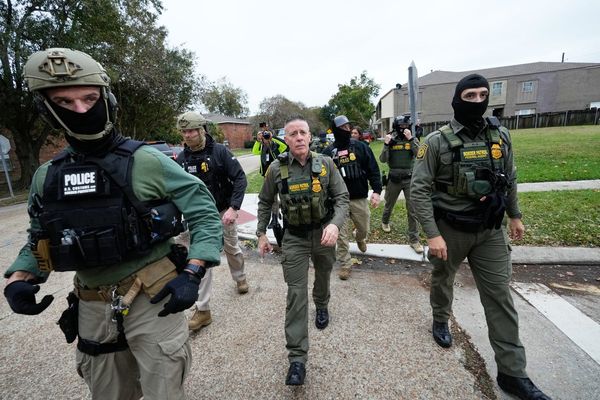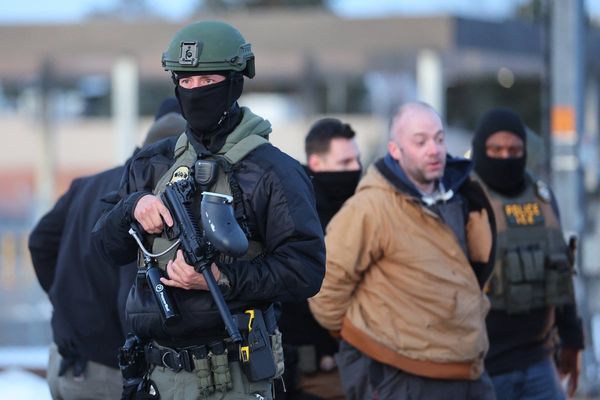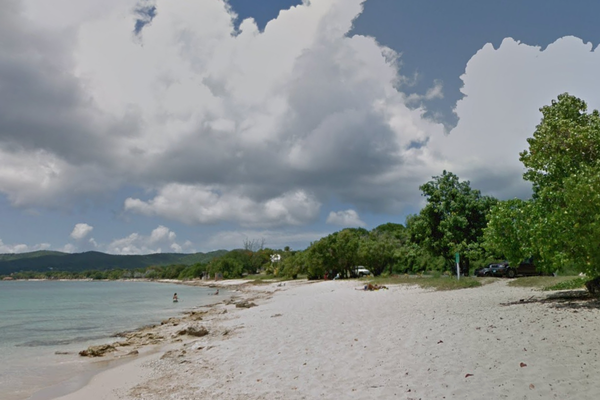SCOTLAND's cerebral palsy (CP) football team have launched a participation drive and development squad to enable everyone in the country living with the condition to take part in the sport.
At the team’s new home at Newton Park in Bo’ness on Sunday they launched their new National Development Centre.
The Scotland National CP football team is made up of players from across the country with cerebral palsy, stroke or acquired brain injury.
The launch comes on the back of the team’s success at this year’s World Championships where they reached the final in Italy before suffering a 3-2 loss to Colombia.
Speaking to The National, team manager Greig Taylor said it’s crucial they build on recent success.
He said: “Something that’s been a focal point for me is my drive to keep this moving forward.
“We had nothing before and it was my ambition to set wee targets. Our last one was to get to a major tournament which we’ve done and that’s brilliant but it’s important to keep going.
“We have some younger players in our A squad at the minute but we also have some older players who will retire so we need to keep growing in that sense.”
The participation programme is aimed at anybody with cerebral palsy aged five and above regardless of gender.
In total, the Sunday's launch attracted 23 new players.
However, Taylor confirmed they are working on plans to develop a women’s team which he hopes will be established next year.
Although there is no age limit on the development squad, Taylor says it’s important to be realistic.

Sunday’s event also hosted a coffee club for parents to allow them to chat with each other and share their experiences of living with those who have cerebral palsy and the positive impact that football can have on them.
“The development squad will feed directly into the A squad and create a natural pathway for people to play for their country”, he said.
Taylor explained: “We do need to be realistic so I would say it’s probably for those about 10-18 depending on their ability and then they can progress onto the A squad.”
Just six years ago, the team were unable to buy kits or get a pitch hired after their funding was cut, but making Newton Park their home has added another layer of professionalism, Taylor added.
The manager said: “Just to call somewhere home gives you that wee bit of identity.
“We had various facilities where we were moving around but this adds quality. People can identity that it’s our home, the pitch has been so good as well.
“We can train here and play a home friendly or international game here so it ties everything together nicely.”
Cerebral palsy football places players into categories depending on the severity of their disability.
These are F1, F2 and F3. In simple terms, if the disability has a more visible impact on the ability to play, then a player is more likely to be classed as an FT1.
It has been a long journey for the team following the funding cut, but Taylor doesn’t want their recent triumph to be the climax of that; he wants it to operate as the springboard for greater success.
He said: “Part of our target was to raise the profile of the game; we’ve had people from various companies and businesses get affiliated with the players because they’ve all seen the hype.
“A lot of people want to be a part of this. That’s what we want. The more we can make this public, the more people will get the opportunity to play.”







